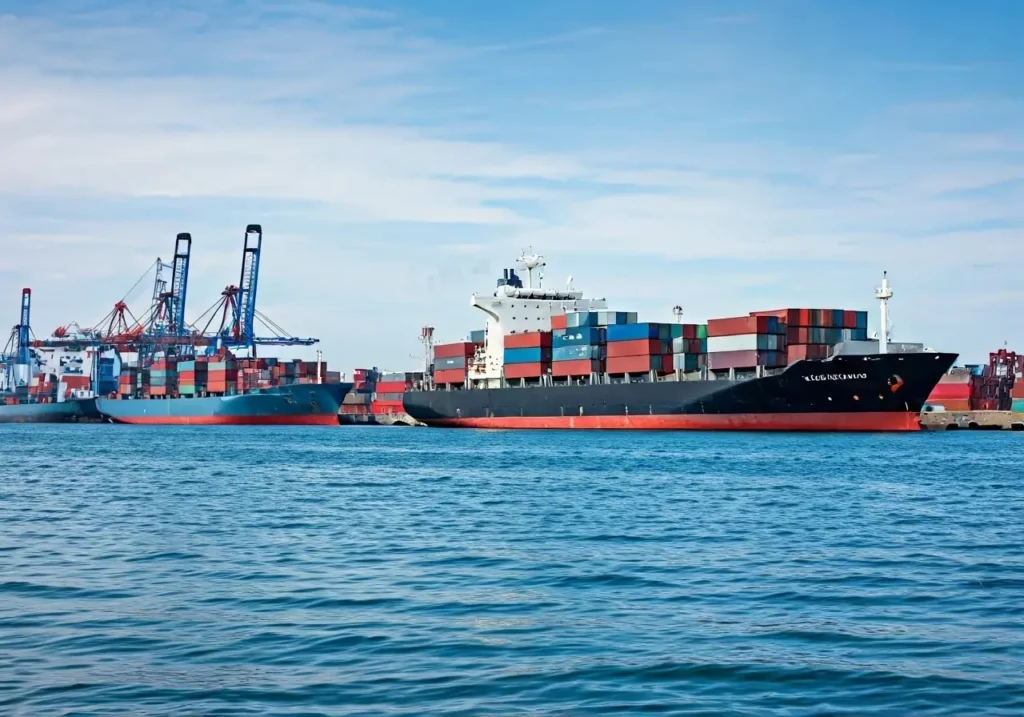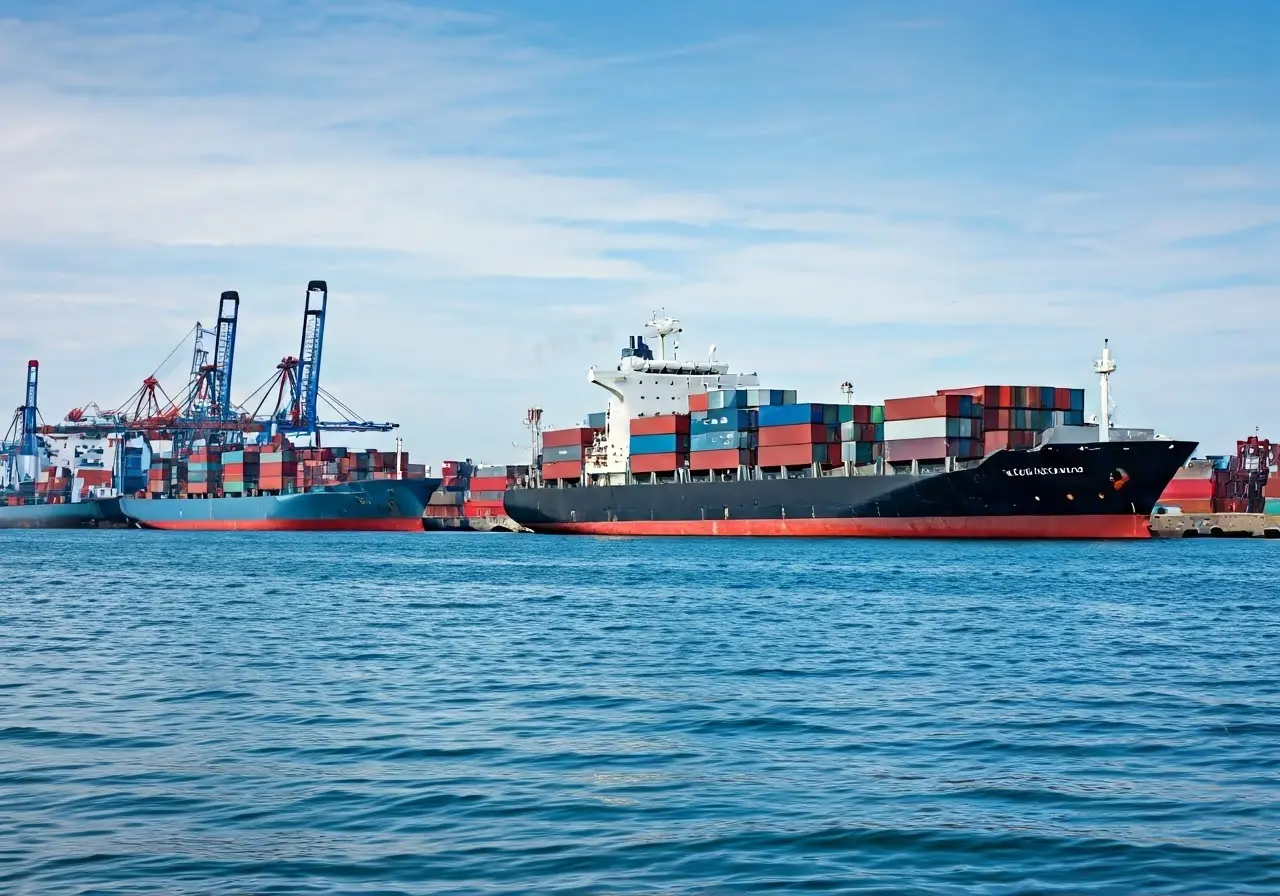In today’s globalized world, businesses are looking for every possible way to reduce expenses and maximize efficiency. One powerful strategy often overlooked is international logistics. This blog will explore how leveraging international logistics can help companies cut costs drastically, making them more competitive in the market.
Understanding International Logistics
International logistics involves the management of the flow of goods between different countries. This includes transportation, warehousing, customs clearance, and much more. By understanding how international logistics operates, businesses can better manage and reduce their operational costs.
The very concept of international logistics might initially seem daunting due to its complexity. However, this complexity is what creates opportunities for cost savings. By learning the ins and outs of global shipping operations, companies can develop more cost-effective strategies. For instance, knowing when and how to consolidate shipments or the benefits of full container loads (FCL) versus less than container loads (LCL) can lead to significant savings.
Each phase of international logistics offers unique opportunities to cut costs. From choosing the most efficient transportation routes to managing warehouse operations smartly, businesses can find cost-reducing tactics at every step. By integrating advanced logistics software, companies can monitor and optimize each phase of product transit, ensuring they get the best value for every dollar spent.
It’s imperative to stay informed about the latest trends and technologies in international logistics. The landscape is rapidly evolving, with innovations like blockchain for secure transactions and AI for predictive shipping models helping businesses streamline their operations. Companies that stay ahead of these trends can capitalize on efficiencies and cost savings that weren’t available even a few years ago.
Ultimately, understanding international logistics isn’t just about knowing how goods move from Point A to Point B. It’s about strategically leveraging this knowledge to make informed decisions that save money and enhance overall operational efficiency. For in-depth insights and tips on avoiding common importing pitfalls, check out Avoiding Common Pitfalls in Importing: Tips From the Experts Marteu.
Optimizing Supply Chain Efficiency
A streamlined supply chain can significantly cut expenses. Effective international logistics management ensures that goods are transported efficiently, reducing unnecessary delays and avoiding extra costs. Strategies such as just-in-time (JIT) inventory and the use of logistics software can optimize supply chains.
One of the key strategies in optimizing supply chain efficiency is to leverage data analytics. By analyzing shipping data, companies can predict delays, optimize routes, and even anticipate demand patterns. This proactive approach allows for better planning and reduces the likelihood of unexpected expenses.
Adopting a just-in-time (JIT) inventory system can drastically reduce warehousing costs. By aligning production schedules with delivery times, businesses can minimize the amount of stock held at any given time. This reduction in inventory not only saves on storage costs but also reduces the risk of inventory obsolescence and waste.
Implementing advanced logistics software is another game-changer. These tools provide real-time visibility into the supply chain, enabling businesses to track shipments, manage inventory, and respond swiftly to any issues that arise. This level of control and oversight can significantly reduce inefficiencies and associated costs.
Collaboration with logistics partners is crucial in supply chain optimization. Experienced partners with established networks can negotiate better rates and deliver more efficient services. This collaboration ensures that goods move seamlessly through the supply chain, reducing delays and avoiding the extra costs associated with mishandling or miscommunication.
Leveraging Economies of Scale
One key advantage of international logistics is the ability to leverage economies of scale. By shipping goods in larger quantities, businesses can reduce per-unit transportation costs. Bulk purchasing and shipping, when carefully managed, can lead to substantial cost reductions.
For instance, shipping full container loads (FCL) is generally more cost-effective than less than container loads (LCL). Not only does FCL reduce per-unit costs, but it also minimizes the risk of damages and delays associated with shared container space. Companies that consistently utilize FCL shipping can see significant savings over time.
Bulk purchasing can also extend beyond just shipping. Ordering materials and products in larger quantities often comes with discounts from suppliers. By coordinating these bulk purchases with large-scale shipping, businesses can maximize their savings on both ends.
Moreover, consolidating shipments with other businesses, a practice known as freight consolidation, can also be an effective strategy. This approach allows companies to share shipping costs, making it more affordable for smaller businesses to benefit from the same cost efficiencies larger companies enjoy. It’s a win-win situation that promotes cost-effective shipping strategies across the board.
Partnering with Experienced Logistics Providers
Working with experienced logistics providers can bring significant cost savings. These providers have established networks and expertise that can help streamline the shipping process, negotiate better rates, and handle complex paperwork. An expert partner can ensure smoother operations and cost efficiency.
Logistics providers often have vast experience dealing with various shipping routes and can suggest the most cost-effective and efficient pathways for transporting goods. Their established relationships with carriers can also lead to negotiated lower rates that businesses might not be able to secure on their own.
Furthermore, these providers can assist with consolidating shipments. By combining cargo from multiple clients, logistics providers can optimize container usage, reducing costs for all involved parties. This not only saves money but also enhances efficiency, as goods are transported in fuller loads.
Another significant advantage of partnering with experienced providers is their capability to manage the extensive and often confusing paperwork associated with international shipping. A well-versed logistics partner ensures that all necessary customs forms, shipping documents, and regulatory requirements are met promptly. This reduces the risk of delays and penalties, thereby saving costs associated with non-compliance.
Developing a long-term relationship with a logistics provider can further enhance cost savings. Over time, logistics providers who understand a company’s specific needs can tailor their services accordingly, ensuring that each shipment is handled in the most efficient and cost-effective manner possible. This personalized service can lead to further optimizations and cost reductions.
Navigating Customs and Trade Regulations
Understanding and complying with international customs and trade regulations is crucial. Failing to do so can result in fines, delays, and additional costs. Businesses that effectively manage these regulations can speed up the shipping process and avoid unnecessary expenses.
Staying up-to-date with customs regulations is essential for smooth international logistics. Regulations can change frequently, and keeping abreast of these changes can prevent costly delays. Engaging a dedicated customs broker can be highly beneficial, as they are knowledgeable about the latest regulations and can provide valuable advice on the necessary documentation and procedures.
Proper classification of goods is another critical aspect. Misclassifying products can result in incorrect duty payments, legal issues, and delayed shipments. By accurately classifying goods under the Harmonized System (HS), businesses ensure they pay the correct duties and avoid potential penalties. Accurate documentation also streamlines the customs clearance process, further reducing delays and associated costs.
Additionally, understanding and leveraging various trade agreements can also lead to significant cost savings. Many countries have bilateral or multilateral trade agreements that reduce or eliminate tariffs on certain products. By thoroughly understanding these agreements, businesses can strategically source and ship goods to take advantage of these cost-saving measures.
For more tips on navigating the complexities of importing and ensuring compliance with regulations, consider reading Avoiding Common Pitfalls in Importing: Tips From the Experts Marteu. This resource offers valuable insights that can help businesses avoid common mistakes and optimize their shipping processes.
Final Thoughts on Cost Reduction via International Logistics
In conclusion, international logistics can be a game-changer for businesses seeking to reduce costs. By understanding and leveraging global shipping options, improving supply chain efficiency, partnering with experienced logistics providers, and navigating customs regulations, companies can enjoy significant savings and operational advantages. If cost reduction and efficiency are your goals, international logistics should be a primary aspect of your business strategy.


